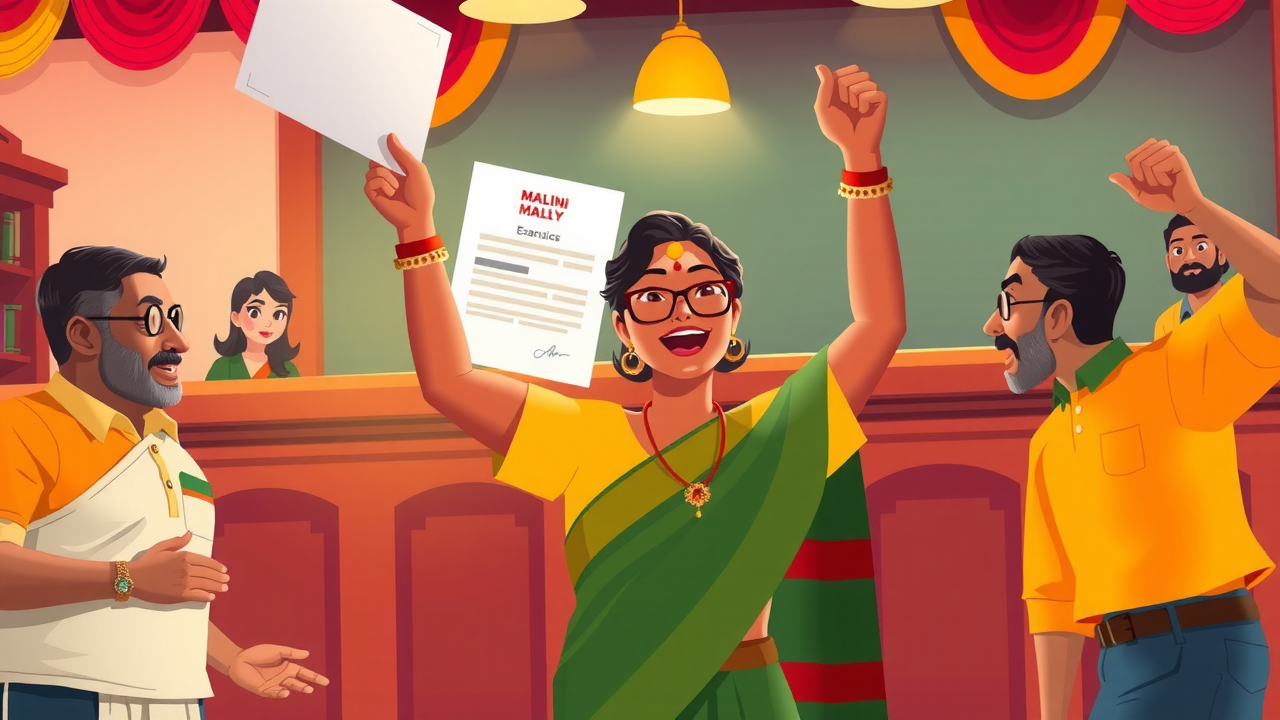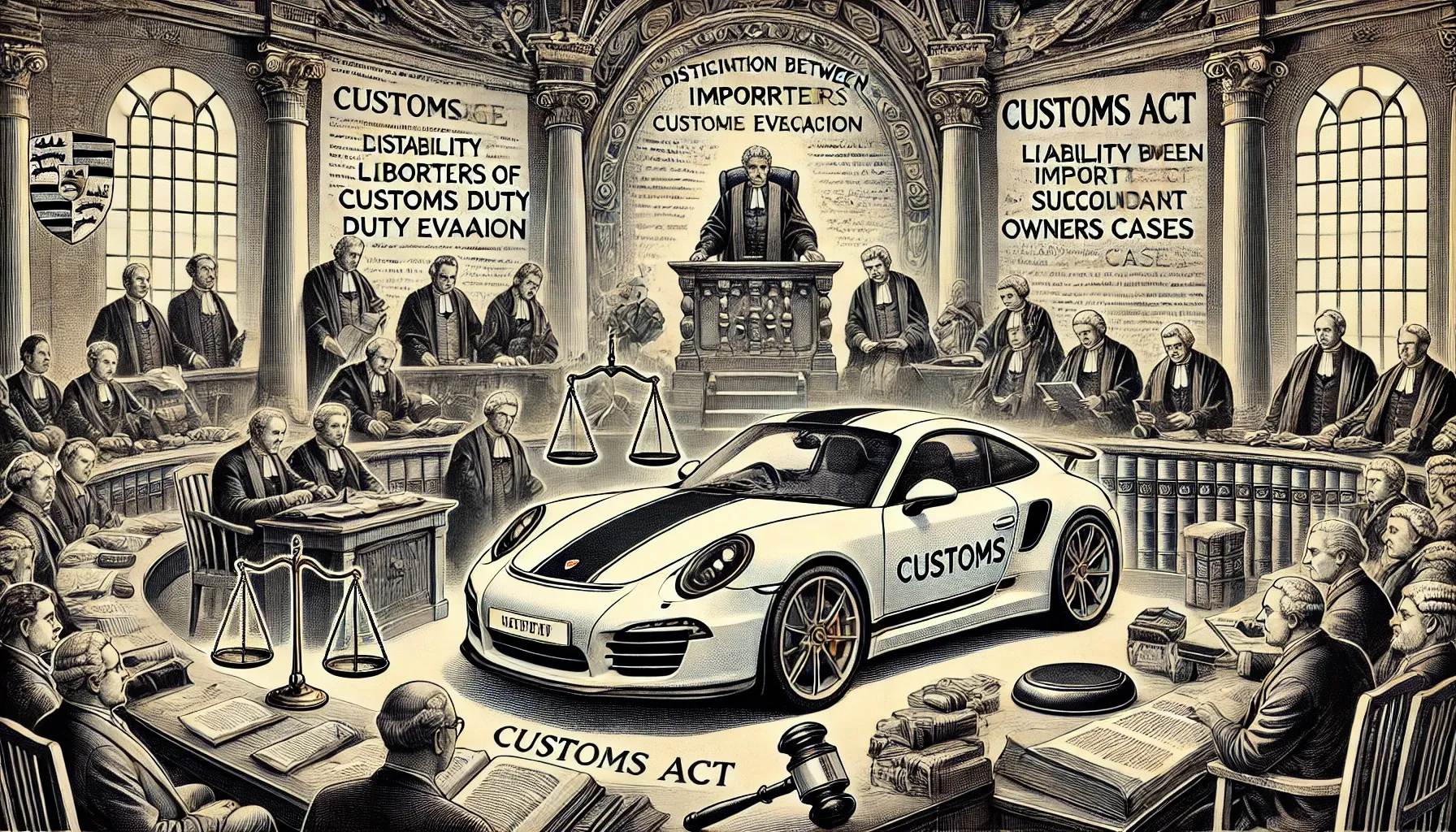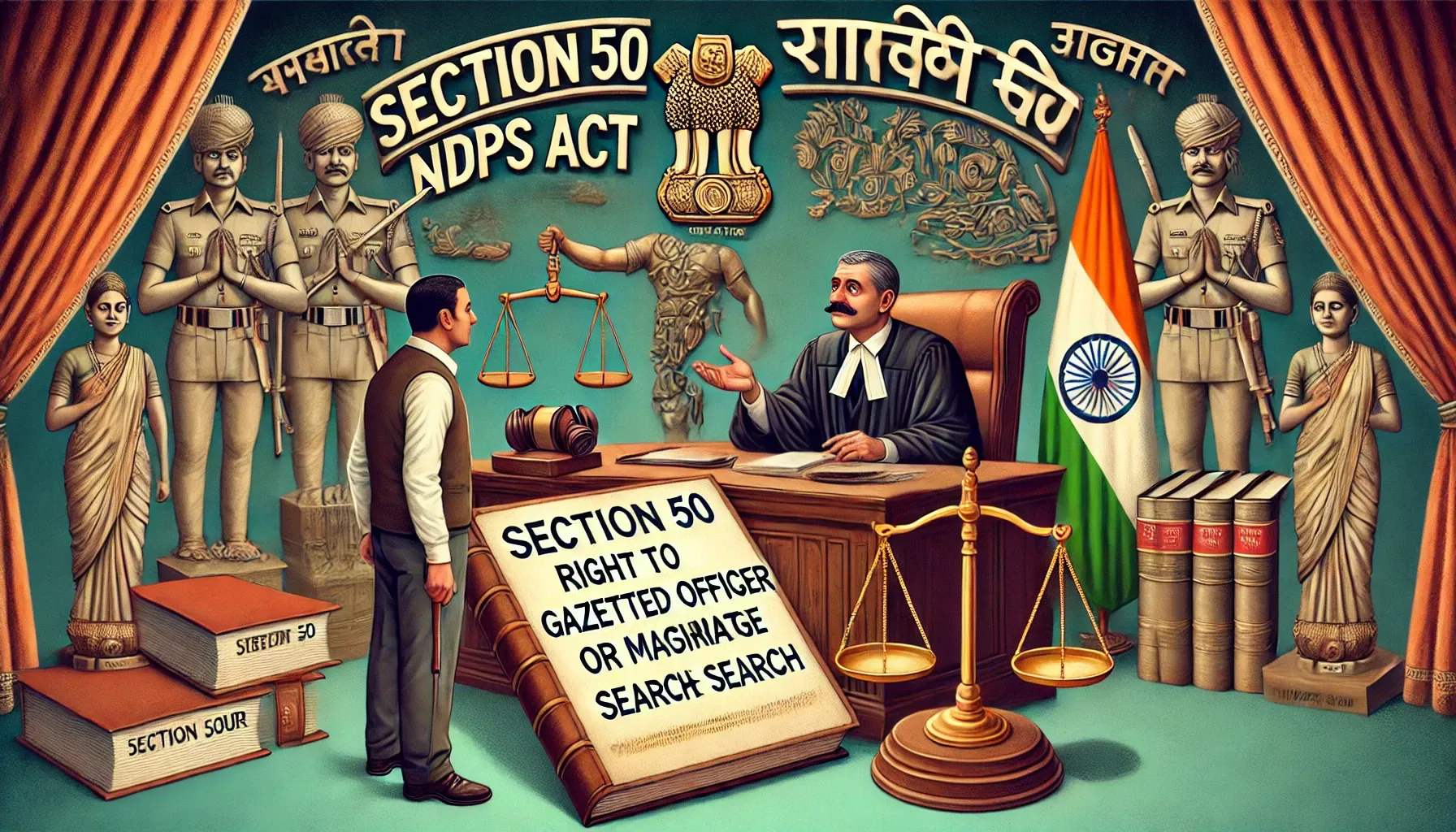In Academy of General Education Manipal v. Malini Mallya (AIR 2009 SC 1982), the Supreme Court of India affirmed Malini Mallya’s copyright over the YakshaRanga ballets created by Dr. Kota Shivarama Karanth. The Court upheld Sections 13 and 17 of the Copyright Act, 1957, establishing that Mallya, as

“The Supreme Court recognized the intellectual property rights of Malini Mallya over her Yakshagana performances under the Copyright Act, 1957, particularly Sections 13 and 17, affirming her as the owner of the copyright in her creative work.”
Citation: AIR 2009 SC 1982
Date of Judgment: 23rd January, 2009
Court: Supreme Court of India
Bench: S.B. Sinha (J), Lokeshwar Singh Panta (J), B. Sudershan Reddy (J)
Facts
- The current case involves a copyright dispute concerning the traditional dance form “Yakshagana” and a newly developed dance art “YakshaRanga,” which is based on “Yakshagana.” The Supreme Court focused on the challenge of determining the originality of a derivative creative work. Yakshagana is a ballet dance with a rich history. Kota Shivarama Karanth, a Jnanapeeth award-winning art scholar and a former member of the appellant Institute’s Board, developed a unique form of Yakshagana called “YakshaRanga.” Dr. Karanth passed away on December 9, 1997, and his will named Malini Mallya as the beneficiary, making her the respondent in this case.
- Malini Mallya filed a lawsuit alleging that the Academy had infringed the copyright she inherited from Dr. Karanth regarding the dance form he created. She claimed that in addition to modifying traditional elements like Raga, Tala, Scenic arrangement, and Costumes, Dr. Karanth had created seven verses or prasangas for the YakshaRanga ballet, which the appellants had allegedly copied.
- The Academy denied the claim, arguing that Dr. Karanth’s work was done in his capacity as Director of the Kendra, with support, funding, and staff provided by the Mahatma Gandhi Memorial College Trust, under the supervision of a committee formed by the Board of Trustees. Dr. Karanth was appointed by the Academy to the Yakshagana Kendra Executive Committee for a three-year term, during which he passed away.
- The plaintiff sought a decree and judgment declaring her as the exclusive copyright holder of the YakshaRanga ballets, along with an injunction preventing the defendants, their agents, and employees from performing any of the seven ballets or Prasangas. Additionally, the plaintiff requested damages of Rs. 15,000/- for the infringement of her copyright by staging or performing “Abhimanyu Vadha” in New Delhi, along with interest on the sum at 15% per annum.
Decision of the trial court
The lower court (the trial court) ruled in favor of Malini Mallya. The court held that she had inherited the copyright to the YakshaRanga ballets from Dr. Kota Shivarama Karanth through his will.
The court recognized her as the exclusive copyright holder and granted an injunction preventing the Academy and others from performing or staging the seven YakshaRanga ballets or Prasangas without her permission. Additionally, the lower court awarded her damages of Rs. 15,000/- for copyright infringement, along with interest.
Decision of the Karnataka High Court
The High Court upheld the decision of the lower court, affirming that Malini Mallya held the copyright to the YakshaRanga ballets as inherited from Dr. Kota Shivarama Karanth. The High Court agreed that she was the rightful owner of the copyright and maintained the injunction against the Academy, preventing them from performing or staging the YakshaRanga ballets without her consent. The High Court also upheld the award of damages and interest granted by the lower court.
Decision of the Supreme court
The Supreme Court of India held that Malini Mallya was the rightful owner of the copyright in the YakshaRanga ballets created by Dr. Kota Shivarama Karanth. The Court emphasized the applicability of Sections 13 and 17 of the Copyright Act, 1957, which pertain to the ownership of copyright and the rights of authors.
The Supreme Court ruled that the Academy’s claim to the copyright was not valid, as Dr. Karanth had created the YakshaRanga ballets as an independent work and not merely as part of his duties at the Academy. Thus, the Court upheld the lower court’s decision, affirming Mallya’s exclusive rights and maintaining the injunction against the Academy from performing the ballets without her permission.
Key legal issues discussed
1. Can the dance form reproduced in the literary form be treated as a dramatic form of choreography?
Yes
A dance form reproduced in literary form can be treated as a dramatic form of choreography. The Supreme Court acknowledged this concept in Paragraph 20, where it stated that “the literary representation of the dance form, including its choreography and narrative structure, can indeed qualify for copyright protection as a derivative work”.
This emphasizes that the dance’s artistic expression, when documented in literary form, retains its originality and is recognized as a valid form of choreography.
According to the Court, the Act distinguishes between “literary work” and “dramatic work”, and that, based on these statutory provisions, it is clear that copyright in connection with the performance of “dance” would not fall under “literary work,” but would fall under “dramatic work“.
The Supreme Court noted that the High Court modified the order of the District Court, stating that if the Academy wanted to stage any of the seven Yakshaganaprasangas in the manner and form as conceived by Dr. Karanth, it could only do so in accordance with the provisions of the Copyright Act, 1957, owing to the copyright in seven prasangas vesting with Ms. Mallya.
2. Did the Supreme Court rule that the Academy’s claim to copyright was invalid due to Dr. Karanth’s independent authorship of the YakshaRanga ballets?
Yes
The Supreme Court ruled that the Academy’s claim to copyright was invalid because Dr. Karanth had created the YakshaRanga ballets as an independent work. In Paragraph 09 Part II of the judgment, the Court stated, “The works created by Dr. Karanth were his original creations, and the Academy cannot assert any copyright over them merely because he was associated with it.” This affirmed that Mally Mallya’s rights as the copyright holder were legitimate and not subject to the Academy’s claims.
The same has been explained in para 19, where court referring to the Eastern Book Company case[1] held that “To claim copyright in a compilation, the author must produce the material with exercise of his skill and judgment which may not be creativity in the sense that it is novel or non- obvious, but at the same time it is not a product of merely labour and capital. The derivative work produced by the author must have some distinguishable features and flavour to the raw text of the judgments delivered by the court. The trivial variation or inputs put in the judgment would not satisfy the test of copyright of an author.”
[1] (2008) 1 SCC 1.




